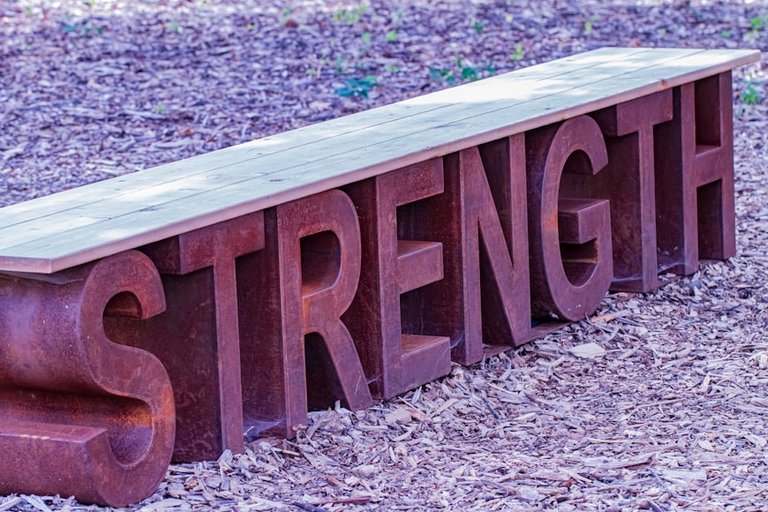A New Perspective on Staying Strong
Most of us accept that with age, we will lose some of our muscular strength by default. Well, some exciting research from Ohio University indicates that may not necessarily be the case. The study reveals that the deterioration in muscle strength could result from malfunctioning brains and nerves rather than worn-out muscles. A team of researchers under Brian Clark experimented on 66 older individuals in their 70s. They aimed to test the strength of the current participants by examining leg straightening. They had the participants push against resistance with all their might.

After conducting this test, electrical stimulation was applied to the same muscles used. If it meant the muscle could push harder after a stimulation, the problem wasn't with the muscle itself; instead, it was how the brain and nerves communicated signals forward to the muscle. The results of this research were very enlightening. Those who initially had less strength improved a lot after the electrical stimulation. Indeed, the weakest managed to increase their muscular force by 14.2 percent, double the improvement in already vital subjects.
This more or less means that the problem could be about malfunctioning brains and nerves rather than muscle degeneration. This new understanding could be relevant to changing how we approach muscle weakness in older adults. While remaining physically active is very important, this latest study underscores the importance of maintaining a healthy nervous system. Exercises involving balance that depend on muscle strength and nerve communication could be beneficial. It makes me think that activities specializing in balance would be something interesting to implement in our lives to work our nerves and muscles together.

Looking ahead, it's fascinating to think about the kinds of treatments that may come out of this research. It could be what allows many older adults to indirectly increase their strength and independence for a longer period of time. This, therefore, could open new innovative strategies aimed not at the muscular system but more at the nervous system to intervene and change the quality of life for many aging individuals.
For now, the best way to keep muscle strength as we age is to stay active. That may soon change with ongoing research like Brian Clark's. We might see new strategies that improve how our nerves and brain talk to our muscles. That shift in perspective, from waning muscles to nervous system health, provides a whole new view of aging and weakness. It raises the possibility of new treatments that could have a tangible impact on the way we age.
Posted Using InLeo Alpha
Keep up the good work. 👏
You are loved. 🤗 + u deserve the best. 💪
Curated by Mystic artist Gudasol
Interested to to help me spread more positivity (musically) on Hive?.